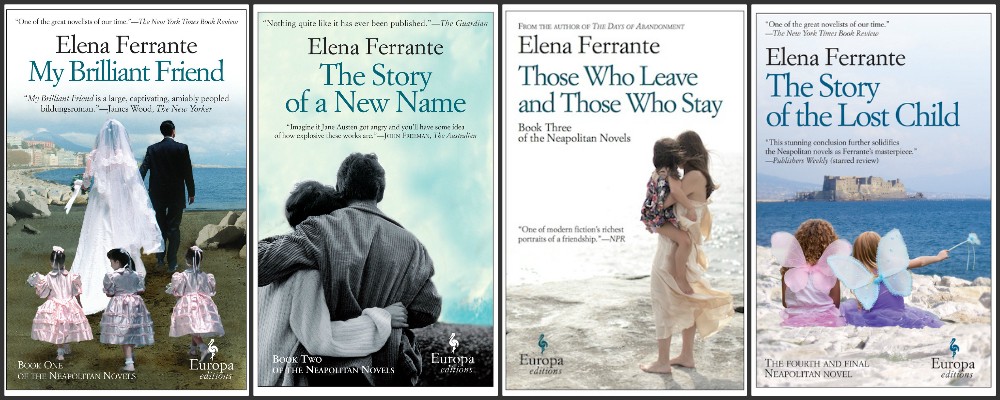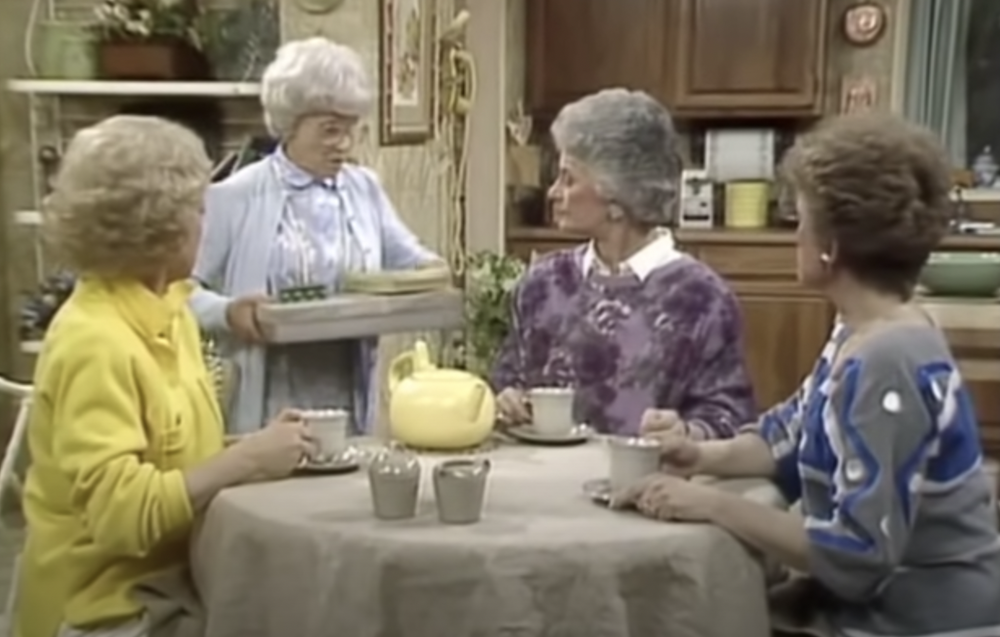news
Elena Ferrante’s Neapolitan Novels One Step Closer to Your TV

The series gained a director and a release date

For just over a year, fans of Elena Ferrante’s wildly popular Neapolitan novels have been living with the tantalizing news that the books would soon be adapted for the screen. Details, however, have been few and far between. Until now. Late yesterday, The New York Times reported that the series now has a director — Saverio Costanzo, the writer/director of Hungry Hearts (2014) and The Solitude of Prime Numbers (2010) — and is slated for a 2018 premiere.
Costanzo will adapt the four novels — My Brilliant Friend, The Story of a New Name, Those Who Leave and Those Who Stay and The Story of the Lost Child — as a thirty-two part series. The show will be co-produced by Fandango and Wildside, an Italian company which co-produced Paolo Sorrentino’s HBO series, “The Young Pope.” The first season will cover My Brilliant Friend in eight 50-minute episodes.
The series will undoubtedly increase Ferrante’s already large audience and will likely reignite interest in the author’s true identity (as well as the controversy surrounding investigative journalist Claudio Gatti’s exposé in NYRB last year). Those who support Ferrante’s wish for anonymity will be happy that the series’ director has made his position on the issue clear, telling the Times, “It’s her literary reality that counts. I’m one of those people who don’t care who she is.” Ferrante — whoever she is — has agreed to help Costanzo write the screenplay. Their discourse will take place via email.
The series will be filmed in Italy and in Italian, hopefully more proof that the production doesn’t intend to sacrifice the novels’ authenticity on the altar of Hollywood’s expectations. As popular as the series has become worldwide, and as much as it tackles universal themes — childhood, poverty, gender dynamics, friendship, among others — it is just as specifically a story about two girls growing up in a ghetto in Naples after World War II.
Like most great literary works, Ferrante’s prose will be a challenge to capture on screen. Yet this project could see a happier ending than most. In an interview in The Paris Review, Ferrante said, “The greater the attention to the sentence, the more laboriously the story flows. The state of grace comes when the writing is entirely at the service of the story.” Ferrante’s prose isn’t entirely at the service of the story — it’s much too well written—but it does eschew the kind of self-conciousness that makes some writing impossible to translate visually. In the Neapolitan novels, the sentences are always working for Elena. Her interiority is reflected in what she observes, or how she speaks, and the nuanced dialogue is another reason to film in Italian — native speakers will appreciate what can be conveyed by switching between Neapolitan dialect and ‘proper’ Italian, between formal and informal pronouns.
From a plot perspective, the Neapolitan novels have a lot to work with. They’re rich with emotional stakes, romantic longing, unexpected fates, and violent encounters. The books follow an unusually large cast of recurring characters, and the settings and costumes should be fantastic.
Something is always lost when a book is adapted for the screen, but like many BBC productions of Dickens or Austen, the Wildside version of the Neapolitan novels has the potential to be great.








